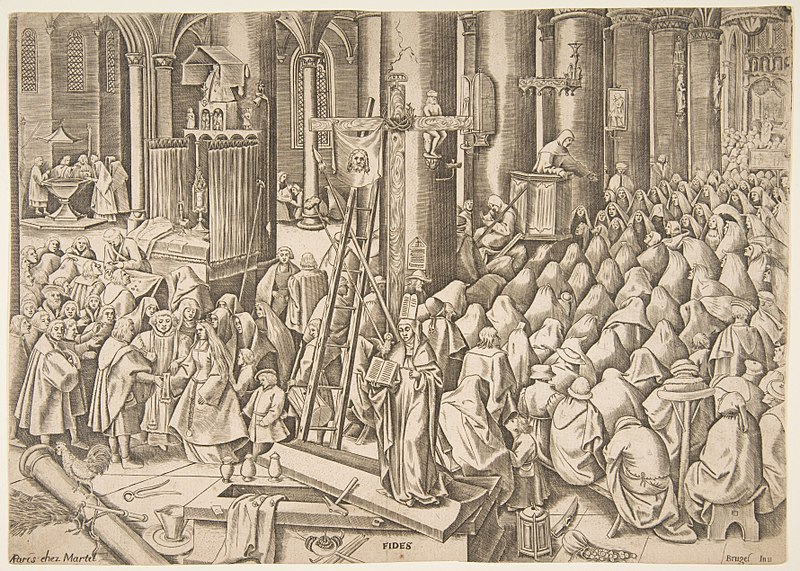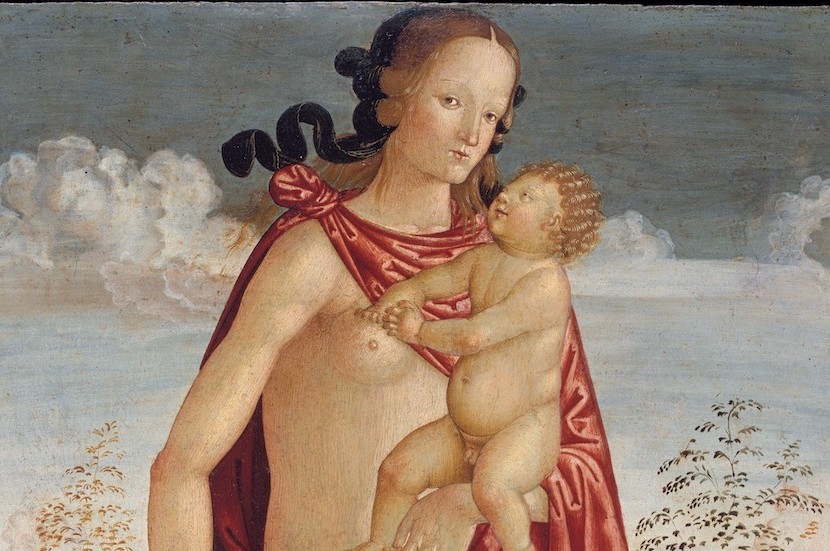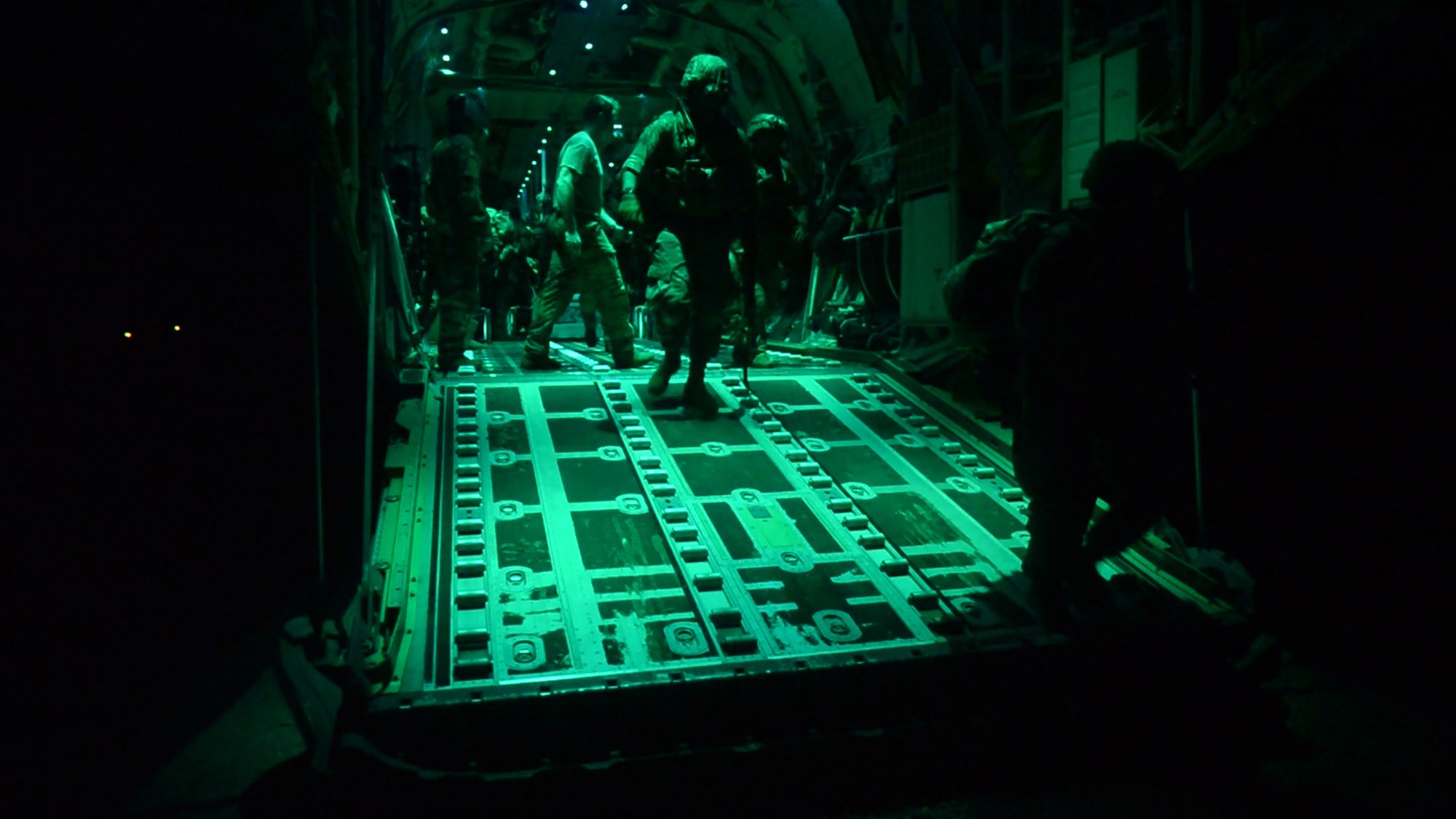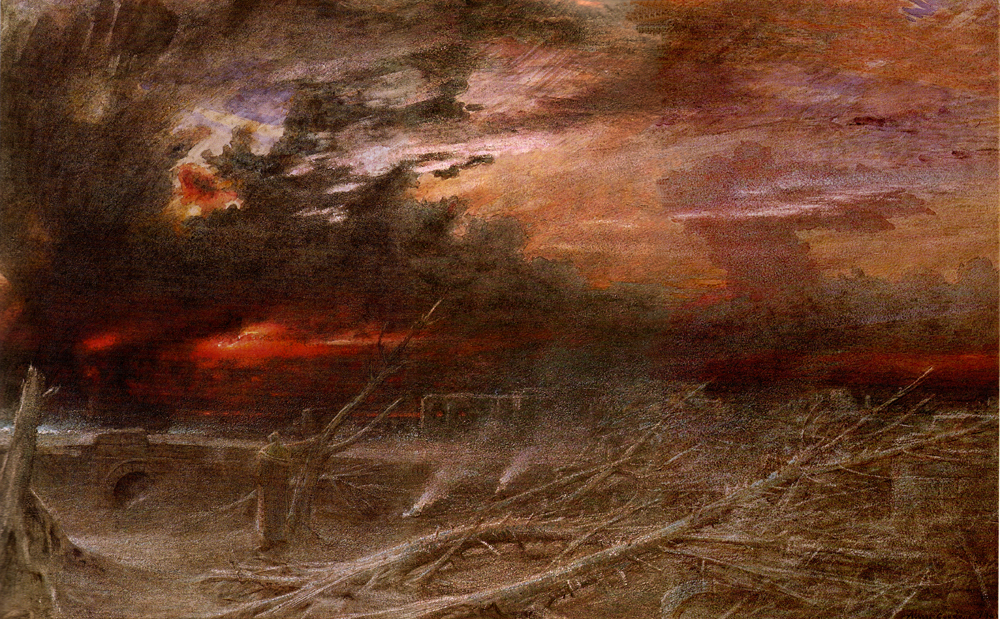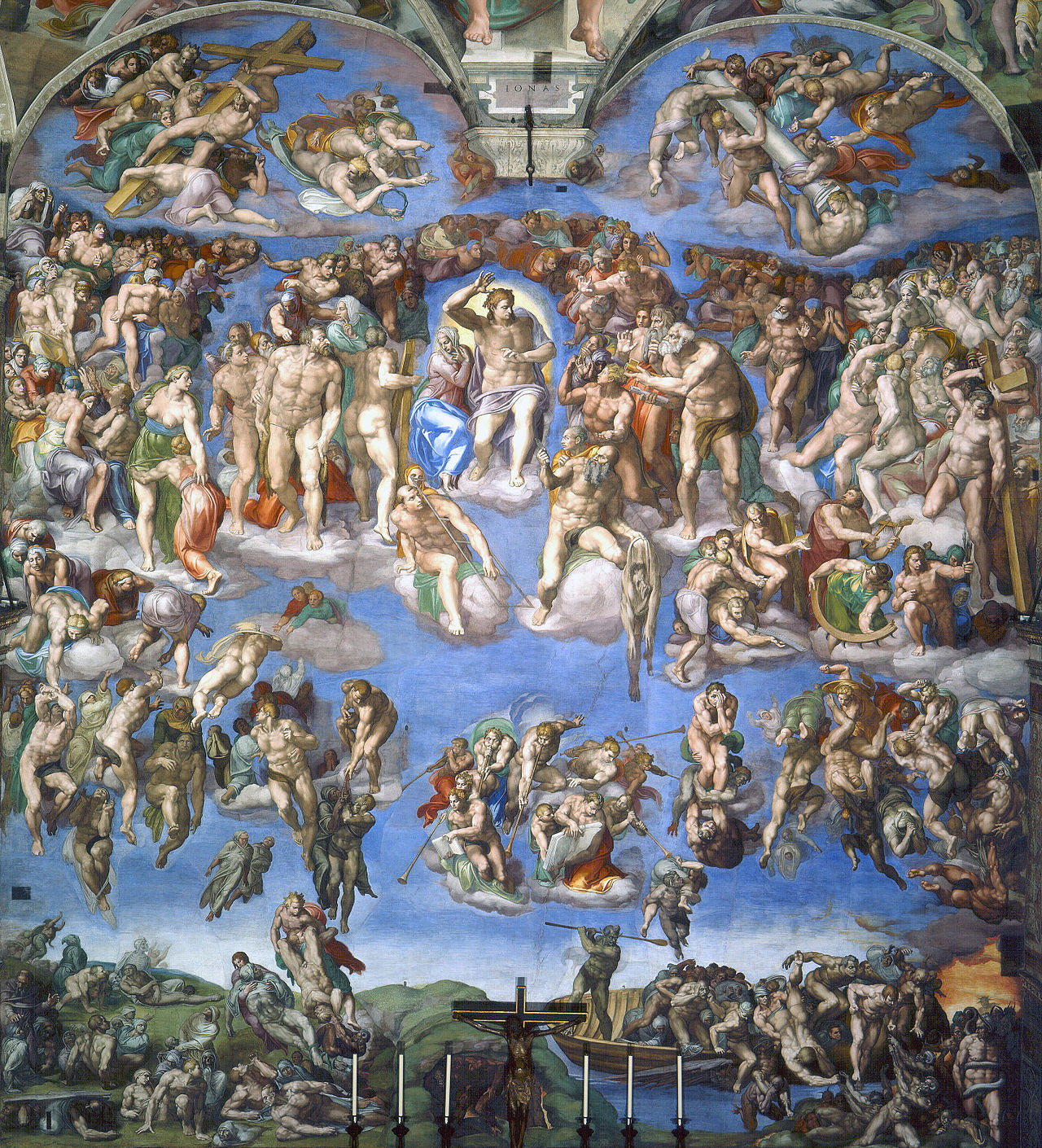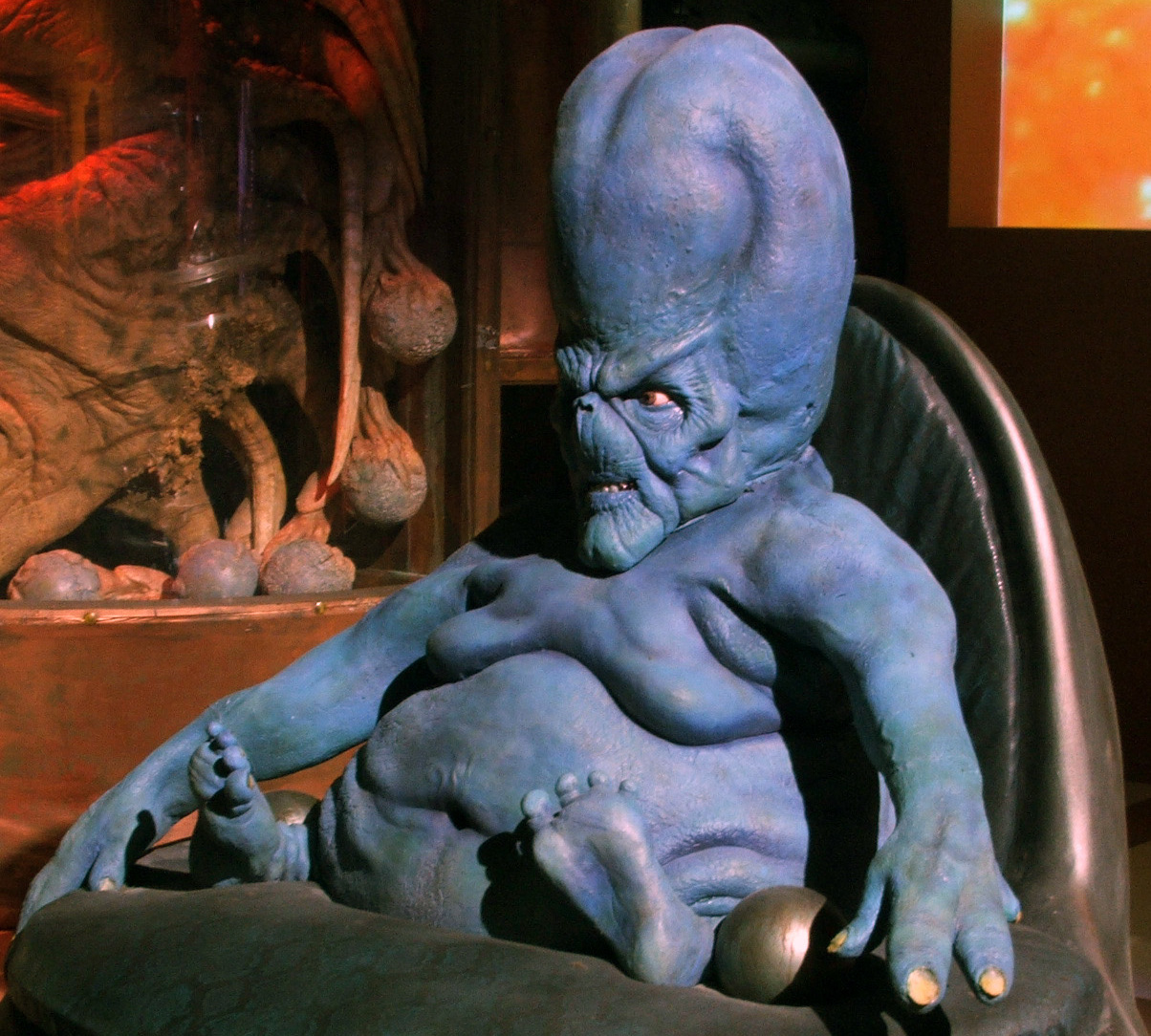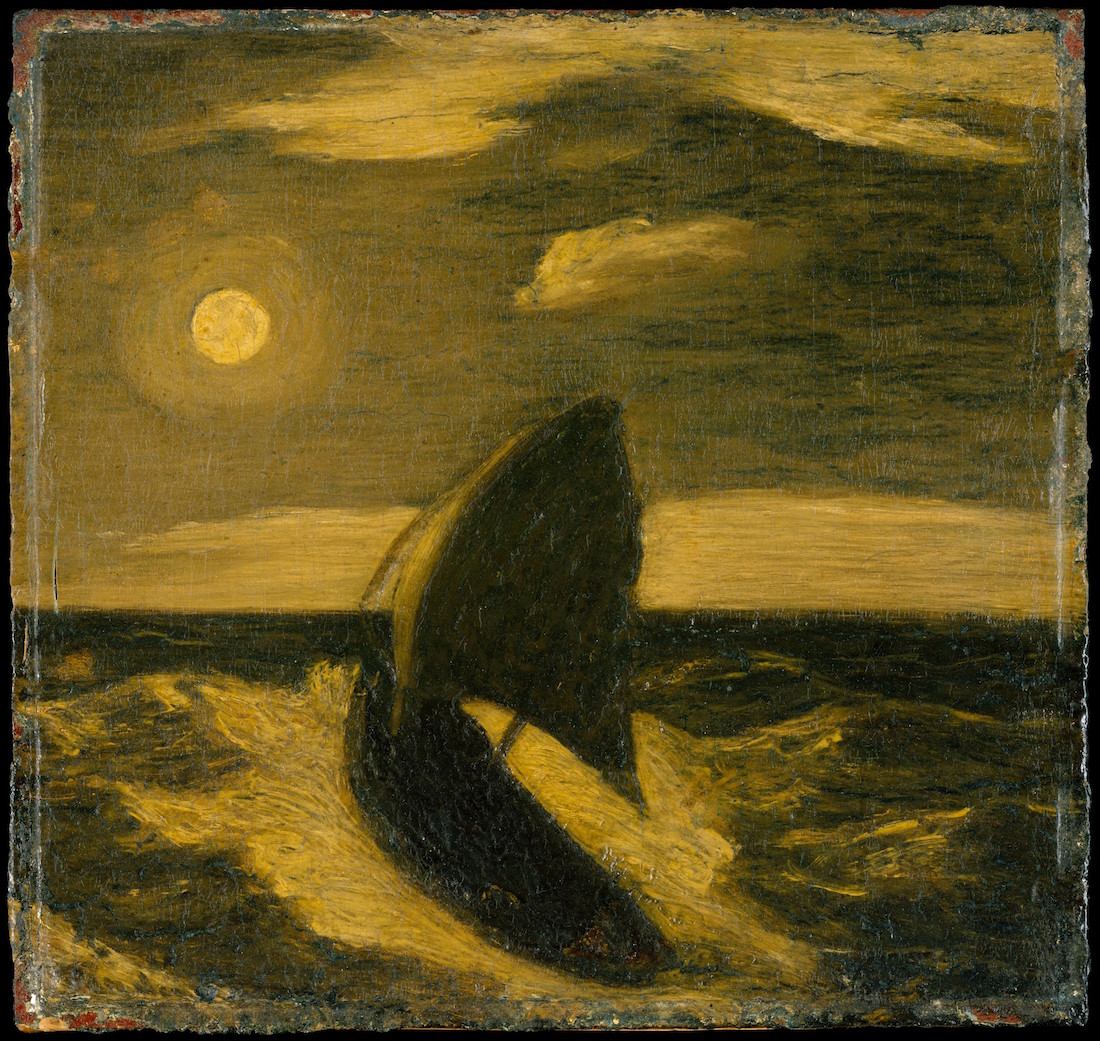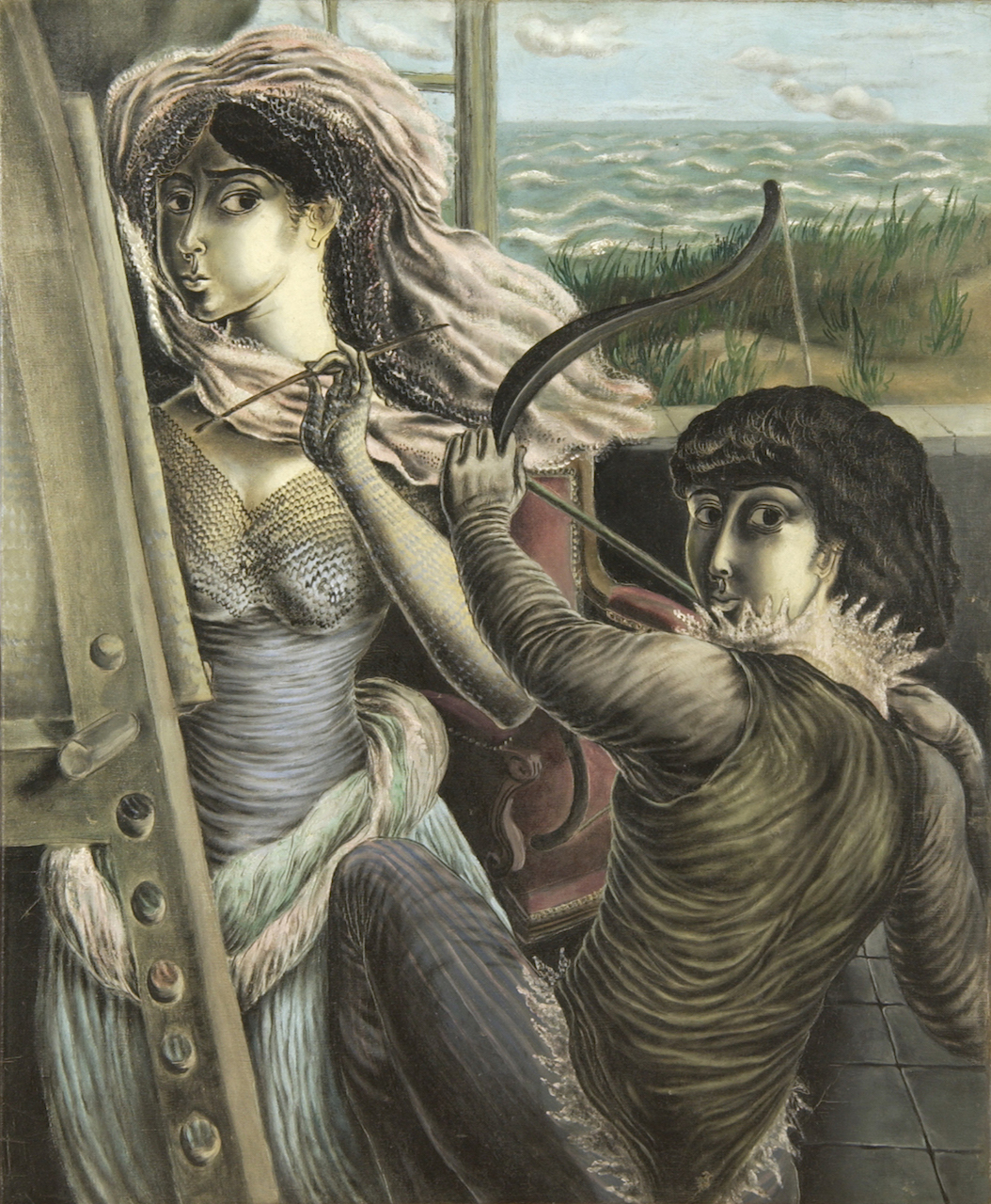The following is the second of a two-part series. The first can be found here. In short, then, despite the absence of God in Bad Times, the characters all come to experience each other in painfully open ways and several even develop bonds akin to what Ryan Preston-Roedder has described as “faith in humanity,” insofar […]
Religion and Literature
“Teach Me To Do What’s Right” – Faith, Hope, And Love As Post-Religious Virtues, Part 1 (A.G. Holdier)
The following is the first of a two-part series. “God is the ‘beyond’ in the midst of our life.” – Dietrich Bonhoeffer[1] “Are you lost, Father?” “Sorry?” “Are you lost?” “No. I suppose not.” – Darlene Sweet and Father Flynn speaking the first lines of Bad Times at the El Royale Classically, philosophers spoke of […]
“The Reluctant Fundamentalist” And The Inhospitable State – Abrahamic Hospitality And The Limits Of Multiculturalism, Part 2 (Emily McAvan)
The following is the second of a two-part series. The first can be found here. The Failure of Hospitality Yet even in the first bloom of his success in New York, it is clear that Changez’s acceptance is conditioned largely on his assimilation to the norms of the American ruling class. At Underwood Samson, “we […]
“The Reluctant Fundamentalist” And The Inhospitable State – Abrahamic Hospitality And The Limits Of Multiculturalism, Part 1 (Emily McAvan)
The following is the first of a two-part series. “Share with God’s people who are in need. Practice hospitality.” (Romans 12:13 NIV) “he who believes in Allah and the Last Day should show hospitality to his guest” (Sahih Muslim hadith, Book 1 Hadith 75) In the immediate aftermath of September 11, conservative political scientist Samuel […]
The Hollow Christians Of End Times Fiction, Part 3 (Paul Maltby)
The following is the third of a three-part series. The first can be found here, the second here. A Non-Sacramental Nature End Times fiction must be distinguished from other literary genres by its conspicuous absence of local color, its lifeless mise-en-scène and, in particular, writing that relays no vivid impression of the natural world. The relevance […]
The Hollow Christians Of End Times Fiction, Part 2 (Paul Maltby)
The following is the second of a three-part series. The first can be found here. End Times fiction’s unrelenting focus on human sinfulness and unworthiness, a focus that reflects the defining tenet of fundamentalist anthropology, leaves out of account the doctrine of the Imago Dei. For example, the doctrine is cited only once in the […]
The Hollow Christians Of End Times Fiction, Part 1 (Paul Maltby)
The following is the first of a three-part series. A flaw at the heart of End Times fiction gravely weakens its credibility as Christian literature. Its stock characters lack the degree of interiority required for convincing narratives of encounters with the transcendent. The formulaic style of characterization eviscerates Christian experience. This deficiency is especially evident […]
Traversing W.H. Auden’s Religious And Aesthetic States, Part 3 (Raji Singh Soni)
The following is the final installment of a three-part series. The first one can be found here, the second one here. As Julia Reinhard Lupton argues, Shakespeare’s Caliban complicates our sense of what it means to be a creature or creaturely. “The world of creatures,” Lupton posits,[1] constitutes an infinity rather than a totality, since it is […]
Traversing W.H. Auden’s Religious And Aesthetic States, Part 2 (Raji Singh Soni)
The following is the second installment of a three-part series. The first one can be found here. Used by Auden in concert with “limitation” to qualify boundaries proper to secular aesthetics in modernity, the term “absurd” in its Kierkegaardian sense implies another precinct against which art and the artist will necessarily chafe in nonreligious domains […]
Traversing W.H. Auden’s Religious And Aesthetic States, Part 1 (Raji Singh Soni)
The following is part one of an article that will be published in three successive installments. TRINCULO Servant-monster! The folly of this island! They say there’s but five upon this isle: we are three of them; if th’other two be brained like us, the state totters.[1] In the expanse of scholarship on W.H. Auden’s oeuvre, […]
